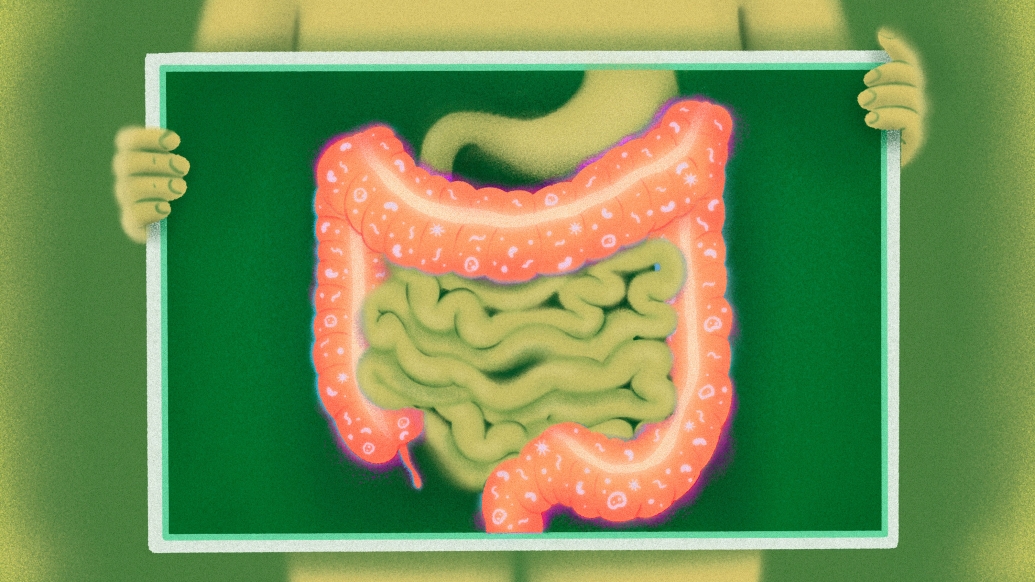A new Northwestern Medicine study has found the immune system in the blood of Alzheimer’s patients is epigenetically altered. That means the patients’ behavior or environment has caused changes that affect the way their genes work.

Many of these altered immune genes are the same ones that increase an individual’s risk for Alzheimer’s. Northwestern scientists theorize the cause could be a previous viral infection, environmental pollutants or other lifestyle factors and behaviors.
“It is possible that these findings implicate the peripheral immune response in Alzheimer’s disease risk,” said lead investigator David Gate, assistant professor of neurology at Northwestern University Feinberg School of Medicine...
Read More







Recent Comments